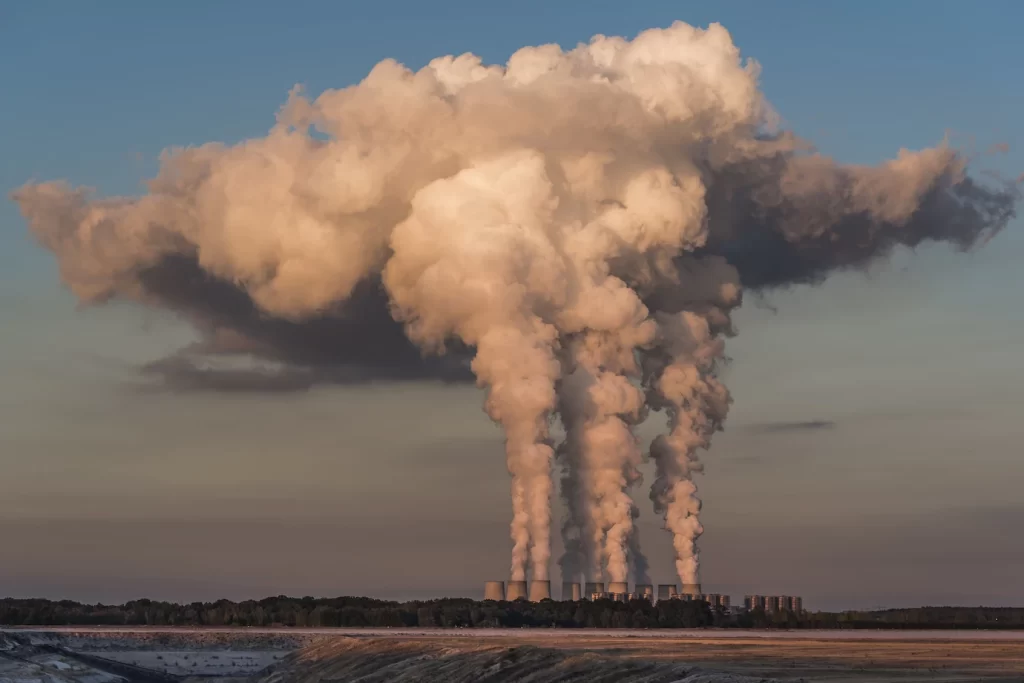Toxins and Cancer

Toxins are substances that can have harmful effects on the body, and exposure to certain toxins has been linked to an increased risk of cancer. These toxins can come from a variety of sources, including environmental pollutants, tobacco smoke, and certain chemicals and substances used in the workplace.
Environmental pollutants, such as air and water pollution, can contain toxins that can damage cells and increase the risk of cancer. Exposure to these pollutants can occur through inhalation, ingestion, or skin contact. It is important to limit exposure to these toxins whenever possible, by using air filters, avoiding areas with high levels of pollution, and drinking clean, filtered water.
Tobacco smoke is one of the most well-known sources of toxins that increase the risk of cancer. Smoking has been linked to a variety of cancers, including lung cancer, throat cancer, and bladder cancer, among others. Quitting smoking is one of the most important things you can do to reduce your risk of developing cancer.
Certain chemicals and substances used in the workplace, such as asbestos and benzene, have also been linked to an increased risk of cancer. It is important to follow workplace safety guidelines and wear protective equipment when working with potentially hazardous substances.
Reducing exposure to toxins can help reduce the risk of cancer, but it is important to note that not all cases of cancer are caused by exposure to toxins. Many cases of cancer are the result of genetic mutations or other factors. It is important to maintain a healthy lifestyle and engage in regular cancer screenings to help reduce your risk of developing cancer and improve the chances of early detection and successful treatment.
